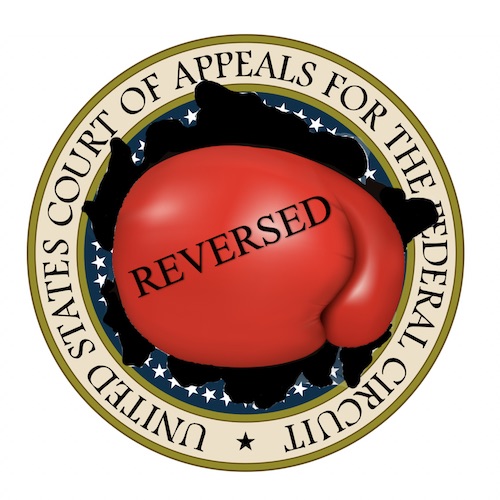
"The U.S. Court of Appeals for the Federal Circuit (CAFC) on Tuesday issued a precedential decision in Duke University v. Sandoz Inc., reversing a judgment from the U.S. District Court for the District of Colorado and finding claim 30 of U.S. Patent No. 9,579,270 invalid for lacking an adequate written description. The ruling overturns a $39 million jury verdict finding that Sandoz Inc. infringed the patent owned by Duke University and Allergan Sales, LLC, which covers the eyelash growth drug, LATISSE."
"The '270 patent issued in 2017 and relates to methods for growing hair by topically applying a composition containing a prostaglandin F ("PGF") analog. The dispute centered on claim 30, which, when read together with its parent claims, covers a subgenus of either 1,620 or 4,230 compounds. However, according to Sandoz, the patent specification was written so broadly that it described a "universe of billions of possible compounds," creating a vast discrepancy between the disclosure and the claim."
The Federal Circuit reversed the District Court and found claim 30 of U.S. Patent No. 9,579,270 invalid for inadequate written description. The patent concerns topical methods for growing hair using a prostaglandin F ("PGF") analog and issued in 2017. Claim 30, read with parent claims, covers a subgenus of 1,620 or 4,230 compounds, while the specification described a much broader universe of possible compounds. Sandoz argued that the specification failed to show possession of the claimed subgenus. The Federal Circuit agreed that the disclosure would not reasonably convey to a person of ordinary skill that the inventors possessed the full claimed scope, overturning a $39 million verdict.
Read at IPWatchdog.com | Patents & Intellectual Property Law
Unable to calculate read time
Collection
[
|
...
]